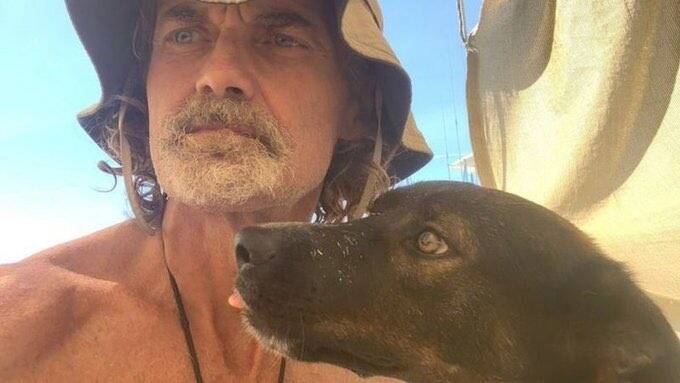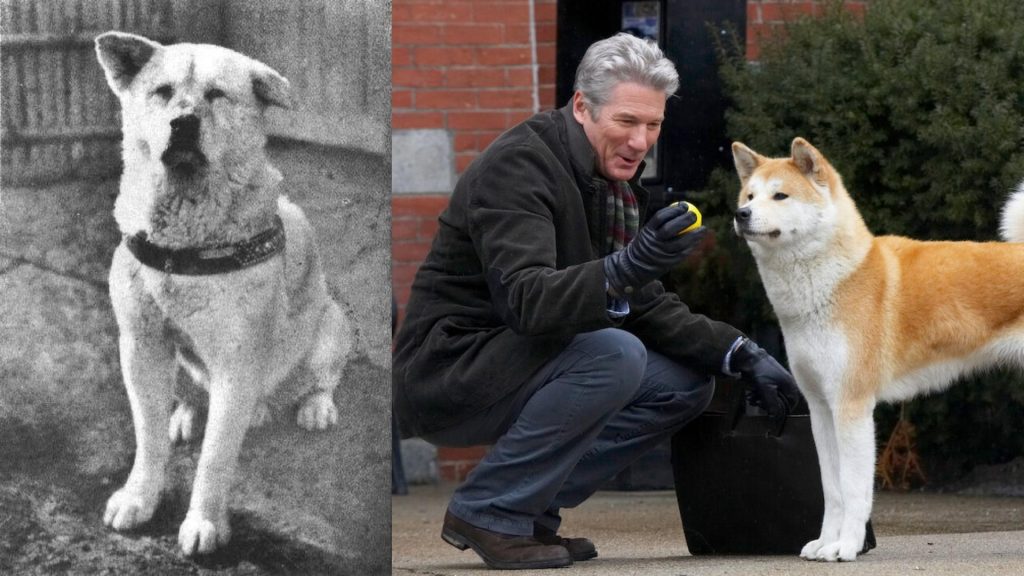In the month of April, an intrepid 51-year-old Australian named Tim Shaddock embarked on a daring journey with his faithful companion, Bella, setting sail from Mexico towards the mesmerizing expanse of French Polynesia. However, fate had different plans for them, as a tempestuous storm wreaked havoc upon their boat, leaving them adrift and disoriented in the treacherous waters of the Pacific.
Amidst this nightmarish scenario, an extraordinary tale of resilience unfolded as both Shaddock and Bella defied the odds and miraculously clung to life. Their survival hinged on meager sustenance, consisting of raw fish and rainwater, which sustained them for an arduous two months until an accidental discovery by a passing helicopter brought them hope.
Upon being rescued, Shaddock’s doctor shared the uplifting news that he was stable and in remarkably good health, considering the challenging circumstances he endured.
Shaddock’s audacious expedition had commenced from the Mexican city of La Paz, and his navigation equipment was rendered useless and his vessel damaged beyond repair by the relentless storm. Stranded in the vast and forbidding expanse of the Pacific Ocean, Shaddock exhibited remarkable survival instincts. With a combination of skill, fortune, and resourcefulness, he weathered the perilous conditions.
Mike Tipton, an expert in ocean survival, acknowledged the role of both luck and knowledge in Shaddock’s survival. He highlighted Shaddock’s awareness of the importance of protecting oneself from dehydration during the scorching daytime heat. Through ingenuity, Shaddock crafted a canopy from his boat to shield himself and Bella from the relentless sun.

Fishing gear onboard proved to be a crucial asset, enabling Shaddock to catch fish, which supplemented their meager rations. While the prospect of freshwater appeared bleak, given the surrounding seawater’s undrinkable saltiness, Shaddock was fortunate to be stranded in a warm, tropical climate with abundant rainfall. Such favorable conditions allowed him and Bella to endure their harsh ordeal.
The human body’s inability to process seawater effectively was cited as a significant challenge by the National Ocean Service. Drinking seawater would lead to an imbalance of salt in the body, causing further dehydration. Shaddock’s access to rainwater was a blessing, as it provided a lifeline in the face of this potential danger.
As the days turned into weeks, Tim Shaddock and Bella’s resilience became evident, and their survival was indeed a testament to the human spirit. While their sustenance might not have been ideal, it was sufficient to keep them afloat, figuratively and literally, until their eventual rescue.
The discovery of Shaddock and Bella in the vast ocean was akin to finding a needle in a haystack, and their rescue was truly a stroke of fortune. Despite the challenging circumstances, they appeared relatively healthy and retained their spirits, a testament to their positive mental attitude amidst the darkness and solitude of the ocean nights.
Having Bella as a companion undoubtedly played a vital role in Shaddock’s endurance, as she provided companionship and emotional support during their uncertain journey. Tipton acknowledged the significance of a positive mindset in such ordeals, emphasizing the importance of perseverance in the face of adversity.
Presently, Shaddock’s road to recovery involves a gradual reintroduction to regular meals. Medical professionals will closely monitor his progress, ensuring a smooth transition back to a customary diet.
The saga of Tim Shaddock and Bella serves as an awe-inspiring account of human resilience, adaptability, and the unbreakable bond between man and animal. Their survival in the vast, unpredictable expanse of the Pacific Ocean stands as a testament to the indomitable human spirit, triumphing over the most formidable challenges nature can present.



